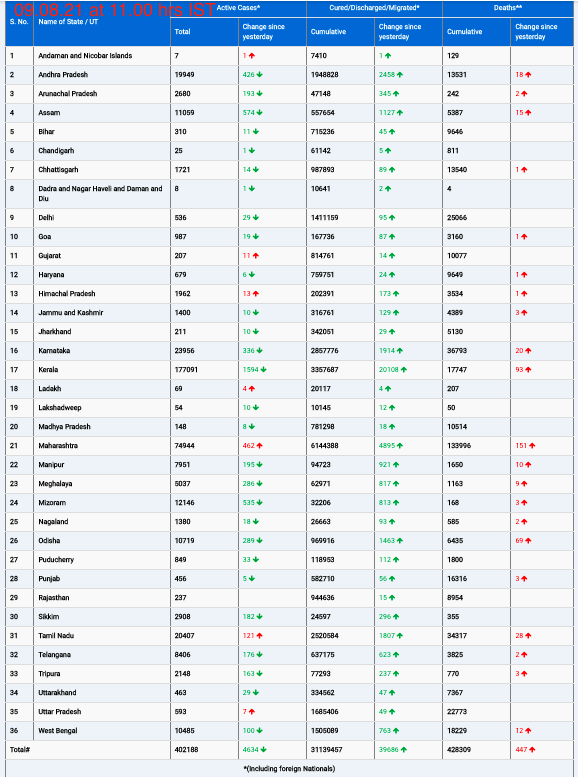A recent study published in the Canadian Medical Association Journal (CMAJ) highlights the risks associated with using marijuana to alleviate nausea and vomiting during pregnancy. The research, conducted by Dr. Larissa Jansen from the Amsterdam Reproduction and Development Research Institute at Erasmus MC in the Netherlands, underscores the potential harm to both maternal and fetal health posed by cannabis consumption during pregnancy.
Morning Sickness and Hyperemesis Gravidarum: Morning sickness, a common phenomenon experienced by about 70% of pregnant individuals, can escalate into a severe condition known as hyperemesis gravidarum. Characterized by persistent nausea and vomiting, hyperemesis gravidarum can lead to weight loss, dehydration, and complications for both the mother and the developing fetus.
Risks of Cannabis Use: While some may turn to cannabis to alleviate the symptoms of hyperemesis gravidarum, the study cautions against this practice. Dr. Jansen and her team reviewed existing research linking cannabis use during pregnancy to adverse neurocognitive outcomes in offspring, as well as other negative pregnancy outcomes. Their findings strongly advise against the use of cannabis during pregnancy due to its potential to harm both maternal and fetal health.
Management Challenges: Hyperemesis gravidarum poses significant challenges for healthcare providers, often necessitating hospital admission and emergency department visits during the first trimester of pregnancy. Despite the availability of anti-nausea drugs and home remedies such as ginger products, the effectiveness of these treatments for hyperemesis gravidarum remains uncertain, prompting the need for further research.
Call for Further Research: Dr. Jansen emphasizes the importance of conducting more research to better understand and effectively manage hyperemesis gravidarum. Given its impact on maternal quality of life and potential long-term adverse outcomes for offspring, addressing this condition requires comprehensive healthcare resources and evidence-based interventions.
Looking Ahead: As healthcare professionals strive to provide optimal care for pregnant individuals, it is imperative to prioritize safe and effective treatment strategies for hyperemesis gravidarum. By raising awareness of the risks associated with cannabis use during pregnancy and advocating for evidence-based management approaches, researchers aim to safeguard the health and well-being of both mothers and their babies.
The study serves as a timely reminder of the potential consequences of using marijuana to manage pregnancy-related nausea and vomiting, urging expectant mothers to seek alternative treatments under the guidance of healthcare professionals.











